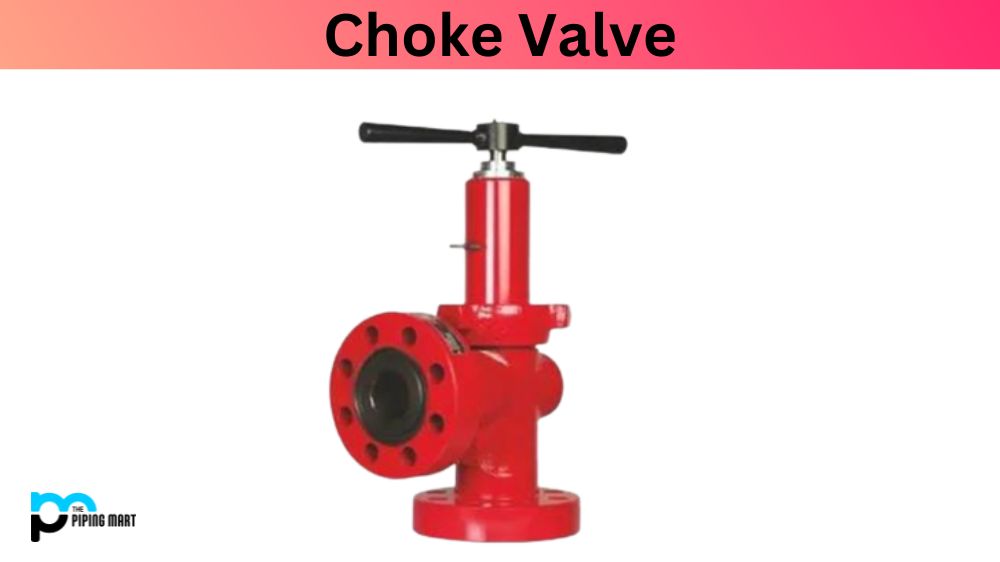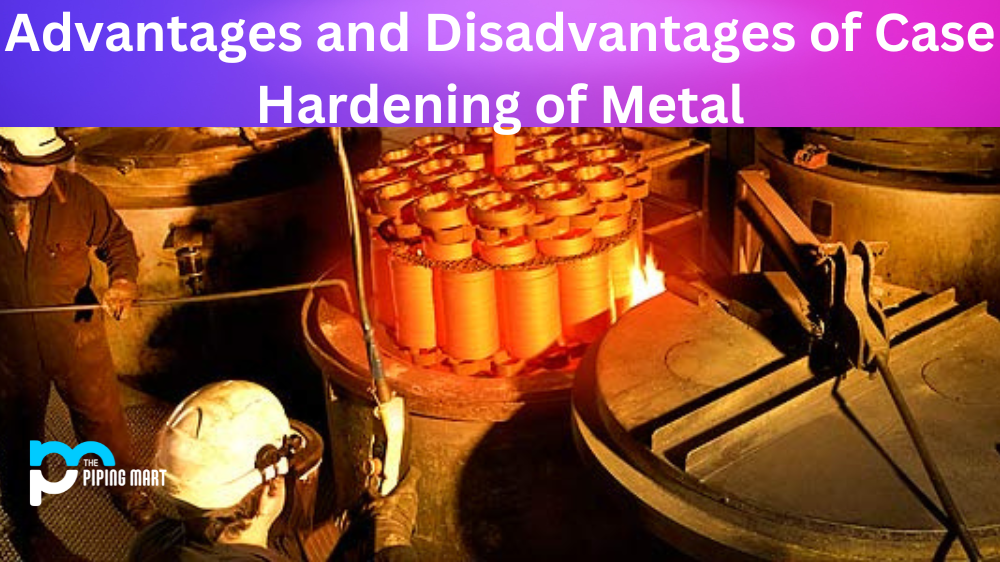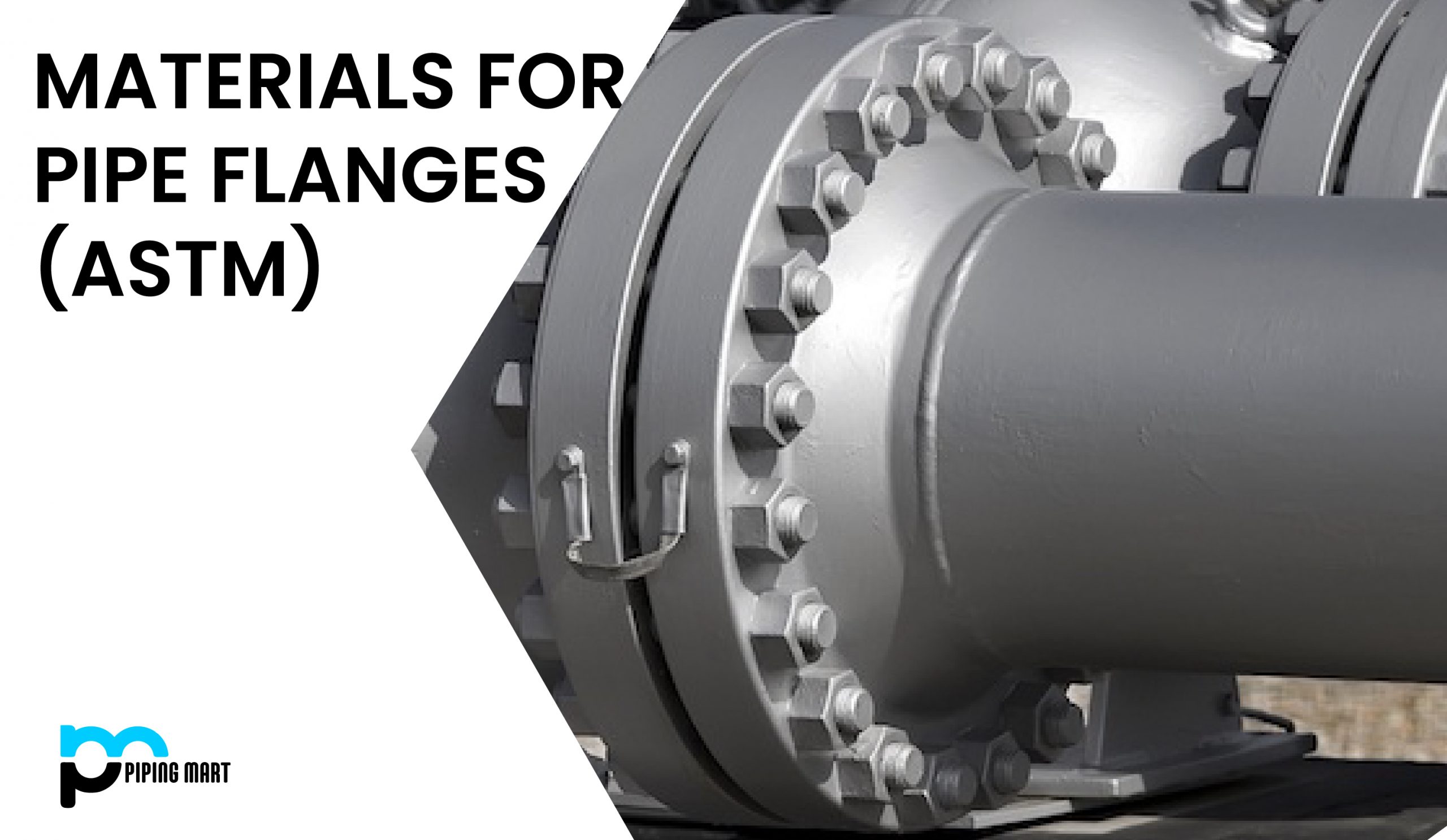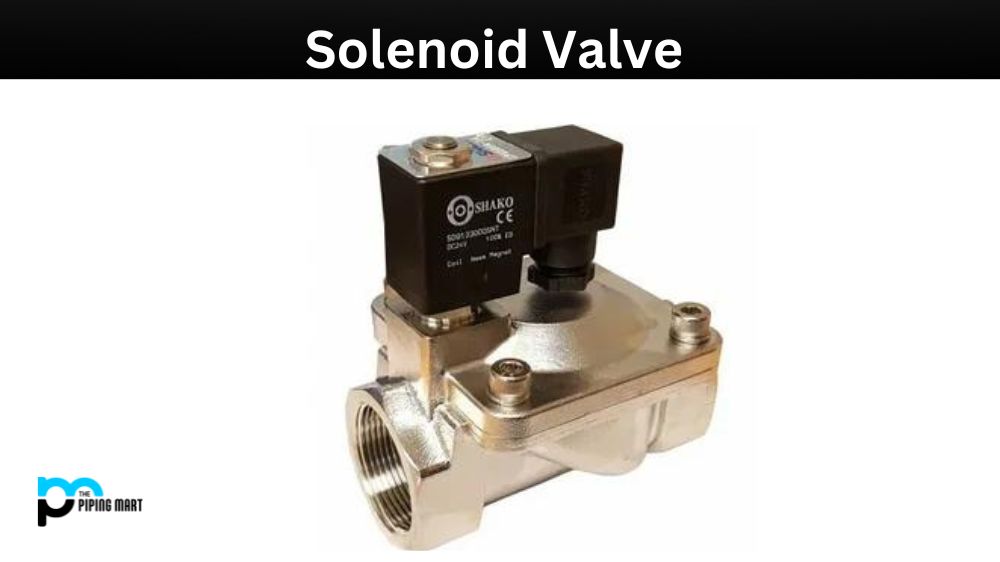During the drilling process, it is essential to maintain constant pressure within the wellhead. To achieve this, valves regulate the flow of fluids in and out of the well. Among these valves is the choke valve, which plays a critical role in drilling. With its ability to regulate fluid flow and pressure levels, a choke valve is a crucial component that ensures drilling operations are carried out efficiently and safely. This blog post will explore the different types of choke valves and their applications. We will discuss how these valves operate, their unique features, and the environments in which they are commonly used.
Fixed Choke Valve
The fixed choke valve is the most basic type of choke valve. It has a fixed orifice size and cannot be adjusted during operation. Fixed choke valves are commonly used during drilling to limit flow and maintain pressure levels within the well. This type of choke valve is most suited for drilling operations with a limited range of fluid flow rates. Fixed choke valves are often made of sturdy materials, such as stainless steel or tungsten carbide, to withstand the harsh conditions encountered during drilling operations.
Positive Choke Valve
The positive choke valve, also known as the bean choke valve, is another type. It features a tapered orifice that can be adjusted during operation to regulate the fluid flow. Positive choke valves use a bean or tapered plug to constrict the fluid flow. They are commonly used in drilling operations with a wide range of fluid flow rates and pressures. Positive choke valves are often preferred in drilling operations because they can be adjusted to regulate the flow and pressure of fluids. The tapered orifice allows for precise control of fluid flow rates, making them ideal for drilling operations with high-pressure differentials.
Adjustable Choke Valve
The adjustable choke valve is similar to the positive choke valve, but it has a more straightforward design. This valve is also known as the needle choke valve because it uses a needle to restrict the fluid flow. The needle is adjustable, allowing precise control of the fluid flow rates and pressure levels during drilling operations. Adjustable choke valves are ideal for drilling operations with varying fluid flow rates and pressures. They can be adjusted to regulate the fluid flow and maintain the desired pressure levels within the wellhead.
Hydraulic Choke Valve
The hydraulic choke valve is a more advanced type of choke valve. It uses hydraulic pressure to adjust the orifice size during operation, allowing real-time control of fluid flow rates and pressure levels. Hydraulic choke valves are commonly used in high-flow-rate and high-pressure drilling operations, where precise control of fluid flow is essential. Hydraulic choke valves are often used in critical applications where control is needed for the safety of personnel and equipment. They are made of durable materials, such as hardened steel and Inconel, to withstand the harsh conditions encountered during drilling operations.
Conclusion:
In conclusion, choke valves are crucial in regulating fluid flow and pressure levels during drilling operations. Different types of choke valves are available, each with unique features and applications. Fixed choke valves are ideal for drilling operations with a limited range of fluid flow rates, while adjustable choke valves and positive choke valves are suitable for operations with varying fluid flow rates and pressures. Hydraulic choke valves are used in high-flow and high-pressure operations, where precise control of fluid flow is essential. Before selecting a choke valve, it is essential to consider the drilling environment and the required fluid flow and pressure levels. With the information in this post, you can choose the appropriate type of choke valve for your oil and gas drilling operations.
Meet Heer, a dynamic and driven writer learning tricks of her trade in the metal industry. With a background in Digital Marketing, Heer brings a unique perspective to her writing, sharing valuable insights. Apart from blogging she like reading and hiking.




